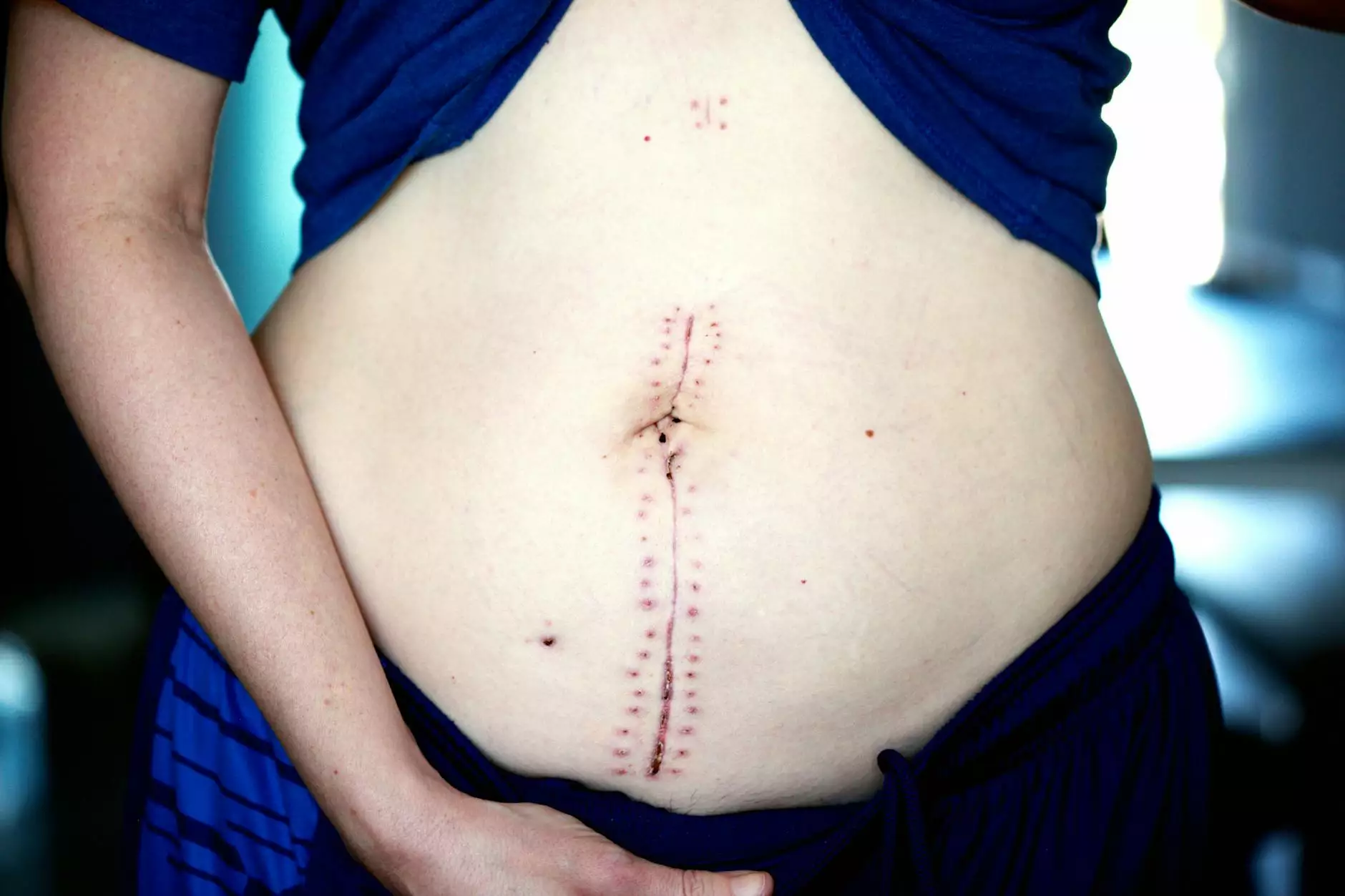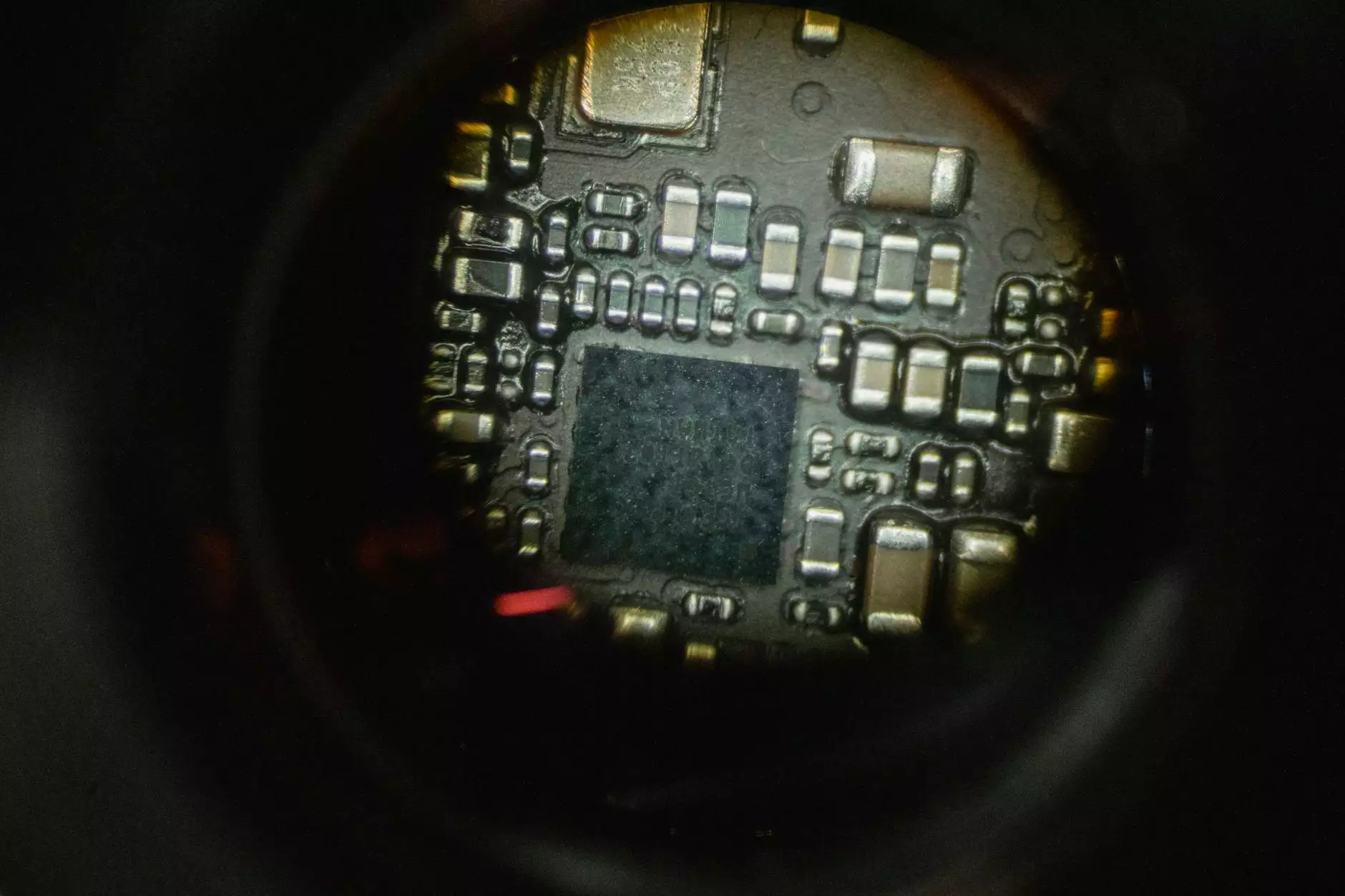Understanding the Role of Lungs Surgeons in Modern Medicine

In the complex world of healthcare, lungs surgeons play a vital role in saving lives and improving the quality of life for patients suffering from various pulmonary diseases. With the growing prevalence of respiratory disorders, the expertise provided by these specialized medical professionals is becoming increasingly critical.
The Importance of Specialized Surgical Care
Specialized surgical care is essential in effectively managing lung diseases. The field of thoracic surgery encompasses various procedures, from minimally invasive techniques to complex surgeries. Lungs surgeons are trained to perform these intricate operations that involve the lungs, chest wall, and mediastinum.
- Lung Cancer Surgery: Removing tumors, lobes, or entire lungs to combat carcinoma.
- Thoracoscopic Surgery: Utilizing video-assisted techniques for minimal recovery time.
- Cystic Fibrosis Treatments: Addressing airway blockages through surgical intervention.
- Transplant Surgery: Providing life-saving solutions for patients with end-stage lung diseases.
Criteria for Choosing a Lungs Surgeon
Selecting the right lungs surgeon can be overwhelming for patients and their families. Below are key criteria you should consider:
1. Credentials and Experience
Ensure that your surgeon is board-certified and has extensive experience in pulmonology and thoracic surgery. Many lungs surgeons also specialize in specific areas, such as lung cancer or transplantation.
2. Hospital Affiliations
Look for surgeons affiliated with reputable medical centers that have advanced technologies and a robust ICU for postoperative care. This ensures access to comprehensive care if complications arise.
3. Patient Outcomes
Research the surgeon’s statistics on patient outcomes. Low complication rates and high success rates are indicative of a skilled surgeon.
4. Reviews and Testimonials
Read patient reviews and testimonials to gain insight into their experiences. Positive feedback on communication, care quality, and overall satisfaction can guide your decision.
The Surgical Process: What to Expect
Understanding what to expect from the surgical process can alleviate anxiety for patients. Here’s a breakdown of the typical procedure followed by lungs surgeons:
1. Preoperative Consultation
During the initial consultation, the surgeon evaluates the patient's medical history, conducts physical examinations, and orders necessary diagnostic tests such as CT scans or pulmonary function tests to ascertain lung function.
2. Anesthesia Evaluation
An anesthesiologist will assess the patient to determine the appropriate anesthetic plan. Patients should communicate any past experiences with anesthesia to ensure their safety.
3. The Surgical Procedure
Surgery typically occurs in a fully equipped operating room. Depending on the complexity, the procedure may take an hour to several hours. Surgeons utilize advanced techniques to minimize invasiveness.
4. Postoperative Care
After surgery, patients are monitored in a recovery room, where healthcare professionals ensure their stability before transferring them to a regular hospital room. Lungs surgeons will provide detailed aftercare instructions for recovery.
Innovations in Lung Surgery
The field of lung surgery has seen revolutionary advancements, improving surgical techniques and patient outcomes significantly. Here are some noteworthy innovations:
1. Robotic-Assisted Surgery
Robotic systems allow lungs surgeons to perform surgeries with enhanced precision and smaller incisions, leading to faster recovery times and reduced postoperative pain.
2. Minimally Invasive Techniques
Techniques such as video-assisted thoracoscopic surgery (VATS) have transformed lung operations, facilitating quicker recoveries and smaller scars compared to open surgery.
3. Enhanced Imaging Techniques
Advanced imaging, including 3D scans, enables surgeons to plan complex surgeries meticulously, reducing risks and optimizing outcomes.
Aftercare and Rehabilitation Following Lung Surgery
Post-surgical recovery is crucial for regaining lung function and overall health. Here’s what patients can expect:
1. Monitoring and Follow-Up Visits
Regular follow-ups with the lungs surgeon are essential to monitor recovery and assess lung function.
2. Pulmonary Rehabilitation
Engaging in pulmonary rehabilitation programs helps patients regain their strength and ensure proper respiratory function. These programs typically involve:
- Physical Therapy: Personalized exercises tailored to improve lung capacity.
- Nutrition Counseling: Guidance on a lung-healthy diet to aid recovery.
- Pulmonary Education: Empowerment through knowledge about respiratory health.
3. Lifestyle Modifications
Patients are often advised to make lifestyle changes, such as quitting smoking, exercising regularly, and avoiding pollutants to maintain their lung health.
Conclusion: The Path to Better Lung Health
The role of lungs surgeons in modern medicine is more critical than ever. From surgical interventions to rehabilitation, these professionals play a pivotal part in treating various lung disorders, improving patients' lives, and enhancing longevity. By choosing a qualified surgeon and adhering to postoperative care, patients can navigate their recovery journey successfully.
For those seeking top-tier surgical care, Neumark Surgery offers a dedicated team of expert lungs surgeons committed to providing exceptional service and care tailored to your needs. Don't hesitate to prioritize your lung health today!









